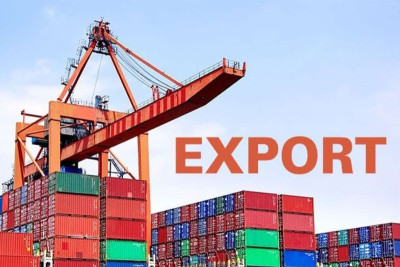Displaying items by tag: Sri Lanka’s June 2024 Exports Hit new high of US$103 Billion
Wednesday, 24 July 2024 11:20
Sri Lanka’s June 2024 Exports Hit new high of US$1.03 Billion
As per the provisional data released by the Sri Lanka Customs, the merchandise export performance in June 2024 amounted to US$ 1,031.2 million, recorded an increase of 2.58% compared to the month of June 2023.
Published in
Business News


